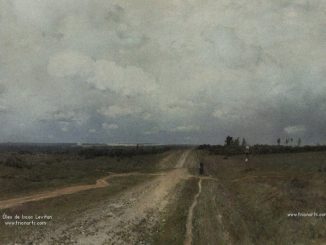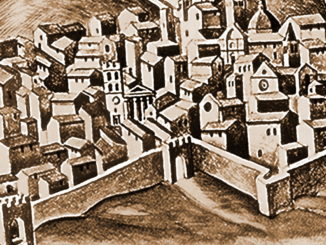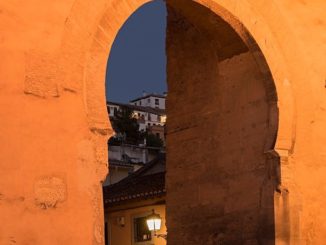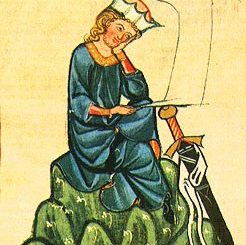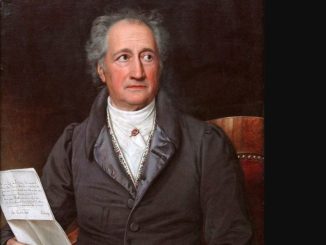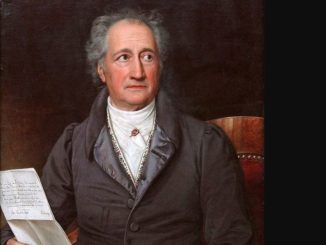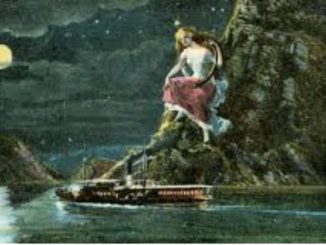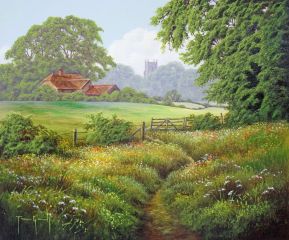
I. Erzsébet korában élt drámaíró, költ? és m?fordító.
Ezt a verset el?ször halála után, 1599-ben adták ki.
Hamiskás stílusa, kétséges ígéretei miatt több költ? (J. Donne, S.W. Raleigh, C.D. Lewis) is versben válaszolt.
Illusztráció: Terry Grundy (1956-) ââ?¬â?¢Path to Villageââ?¬â?¢ (Faluba vezet? út).
Jer vidékre, légy kedvesem,
Örömök sora vár velem,
Ligetben, völgyön, s mez?ben,
Hegy oldalán, s az erd?ben.
Pihenünk a hajlott hegyen
Lent a juhnyáj vízre megyen
H?s csermelynek csobogása
Dalos madár trillázása
Rózsaszirom nyoszolyádra
Száll bokréták illatárja,
Koszorúdat elkészítem,
Rozmaringot belehímzem.
Báránykáink puha gyapja
Ködmönöd anyagát adja
Bélelt papucs véd hidegben
Vert arannyal díszítetten
Övünk szalma, s repkényfonat,
Korall tartja a kapcsokat:
Élnél-e velem szívesen?
Jer vidékre, légy kedvesem.
Harmatos májusi hajnal
Pásztorfiú köszönt dallal,
Táncol is neked szívesen:
No, jer velem, légy kedvesem.
– – –
Christopher Marlowe: The Passionate Shepherd To His Love (1599)
Come live with me and be my love,
And we will all the pleasures prove
That valleys, groves, hills, and fields,
Woods or steepy mountain yields.
And we will sit upon the rocks,
Seeing the shepherds feed their flocks,
By shallow rivers to whose falls
Melodious birds sing madrigals.
And I will make thee beds of roses
And a thousand fragrant posies,
A cap of flowers, and a kirtle
Embroidered all with leaves of myrtle;
A gown made of the finest wool
Which from our pretty lambs we pull;
Fair lined slippers for the cold,
With buckles of the purest gold;
A belt of straw and ivy buds,
With coral clasps and amber studs:
And if these pleasures may thee move,
Come live with me and be my love.
The shepherds’ swains shall dance and sing
For thy delight each May morning:
If these delights thy mind may move,
Then live with me and be my love.
Legutóbbi módosítás: 2019.07.09. @ 15:17 :: jager_ luca


